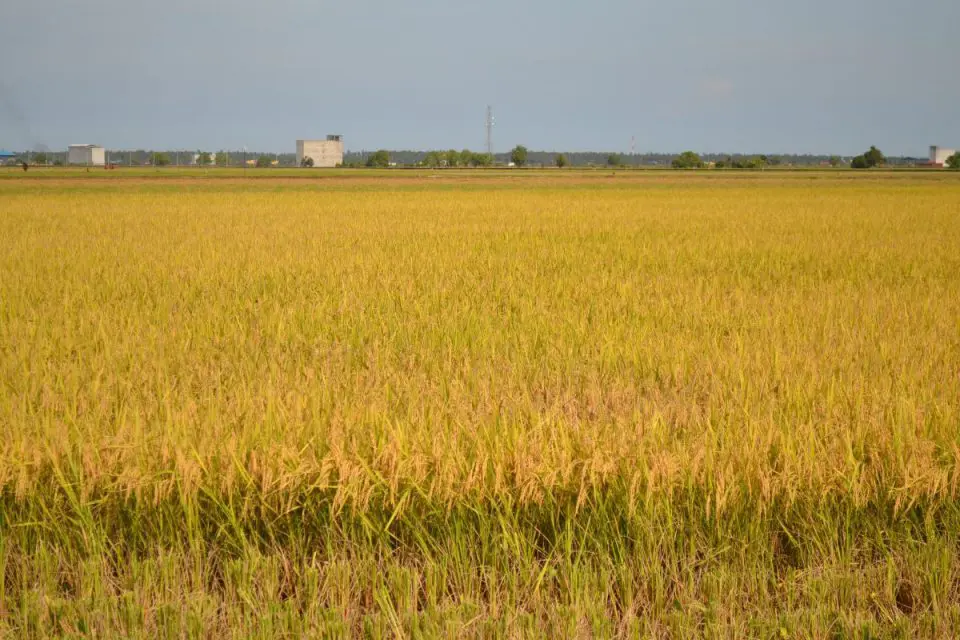KUALA LUMPUR, Dec 17 — The Covid-19 crisis has shown the multifaceted and interconnected nature of the food system, highlighting the need to think about food security and agrofood policy in broader terms, said Agriculture and Food Industries Minister Datuk Seri Dr Ronald Kiandee.
“The Covid-19 crisis has served to highlight the importance of the agricultural and food sectors, and while Malaysia has not been among the worst-hit countries and worst-case scenarios have not been played out, households’ loss of income and responses to uncertainty have created volatility in food markets.
“By strengthening its agrofood system, Malaysia will also be better able to pursue other national priorities, including that of Shared Prosperity Vision,” he said during his special introductory speech at the launch of the Malaysia Economic Monitor: Sowing the Seeds, hosted by World Bank Malaysia, here today.
Ronald said by introducing measures designed to enhance farmers’ incomes, to create agricultural jobs, and to raise agro-exports, agriculture in Malaysia could be made a more powerful engine for shared prosperity through better distribution and equitable growth at different levels.
He said Malaysia has large, under-exploited potential to serve the varied demands of a modern agrofood economy, both domestically and regionally.
“The 12th Malaysia Plan (12MP) is an opportunity for Malaysia to clearly lay out the agricultural sector’s potential, and the role of government in facilitating its transformation…the plan, which is being finalised and will be tabled next year, will give Malaysia not only the chance to sustain its existing level of commitment, but also to redouble its belief in the potential of the agricultural and food economy.
Ronald said the 12MP could also be used as a roadmap to develop a modern peri-urban farm sector connected to urban markets with advanced logistics.
He added Malaysia could also position itself to lead in the supply of “healthy and safe” produce to the region and have more investment in human capital that will be needed to transform Malaysia’s agrofood complex.
“This includes training and attracting the next generation of agrofood system entrepreneurs across a wide variety of disciplines,” he said adding that as of 2019, agriculture accounted for about 11 per cent of employment and 7.1 per cent of Malaysia’s gross domestic product (GDP).
On another note, Ronald said the ministry welcomes the publication of the latest edition of the Malaysia Economic Monitor, Sowing the Seeds by the World Bank, which takes a closer look at how Malaysia’s agriculture sector can facilitate the country’s economic growth post-Covid-19.
“The analysis and policy recommendations featured in this report would provide useful feedback for the government in formulating its strategy for Malaysia’s food security and raising its productivity to boost income which would contribute to Malaysia’s shared prosperity vision.
“Looking ahead, the ministry looks forward to closer collaboration with the World Bank Group Inclusive Growth and Sustainable Finance Hub in Kuala Lumpur,” he said.
— Bernama





